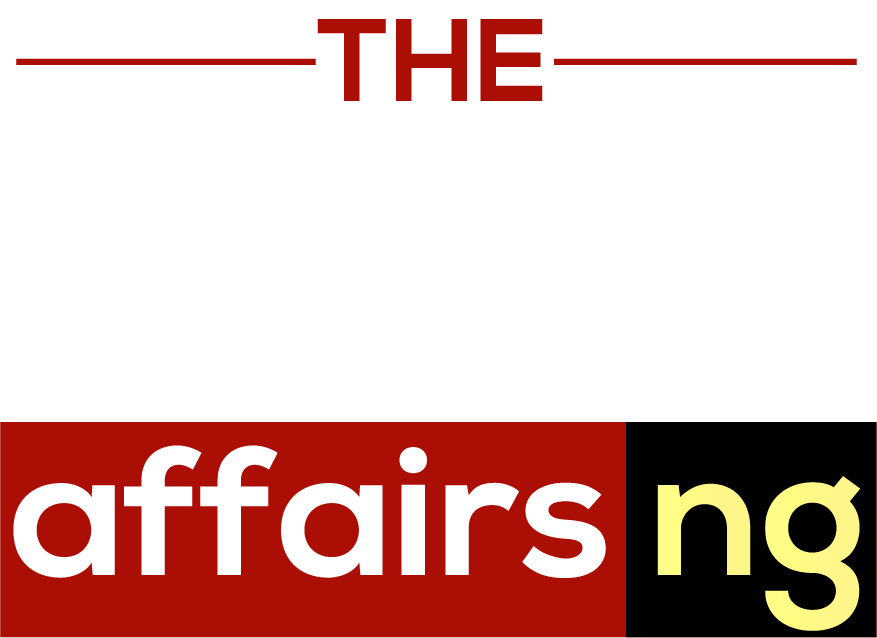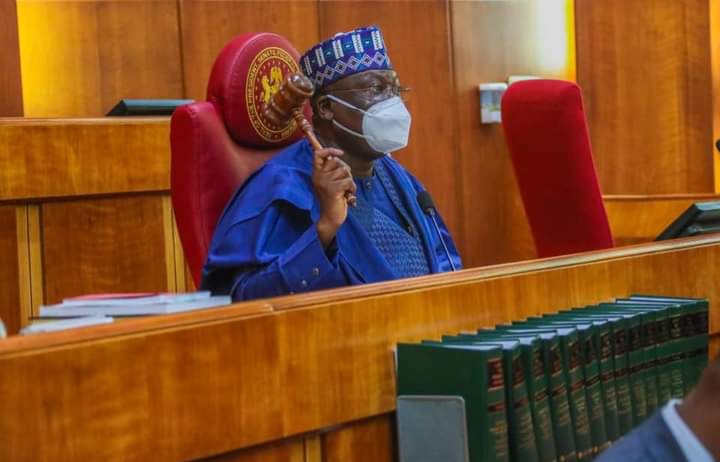4,760.5kViews
76582
Shares
The Senate’s Committee on Local Content has walked out the Deputy Managing Director of Daewoo Engineering and Construction Limited, Mr. Yeon Seop Jung, who appeared in place of the Company’s Managing Director.
Daewoo and Saipem’s Managing Directors had been invited by the Senate’s Committee, to give evidence following several petitions it had received on allegations of breach of Local Content Law in the execution of the Train-7 project.
The Train-7 project is Nigeria’s largest gas project and valued as around $10bn (ten billion US dollars). The project is owned by the Nigerian Liquefied and Natural Gas Company (NLNG) and involves the construction of a liquefaction facility that would boost the company’s gas output from 22MTPA (million tonnes per annum) to 30MTPA.
The project is sited in the Bonny area of Rivers state and started in May 2020, with the award of the Contract to a Consortium of three companies; Saipem (Italian); Daewoo (Korean) and Chiyonda (Japanese).
In a report made available to journalists and signed by the Senior Legislative Aide to Committee Chairman, Hon. Bamidele Ajibola, in walking out My Jung, the Chairman, Senate Committee on Local Content, Senator Teslim Folarin (Oyo Central) berated the MD for failing to appear as invited but choosing to send his deputy.
He also indicated that the nationality of the deputy MD being the same as the Managing Director (both Koreans), was a breach of the law (section 31 of the Nigerian Oil and Gas Industry Content Development Act (2010)), which required a Nigerian to understudy any position held by an expatriate working in the Oil and Gas Company.
The Managing Director of Saipem Construction Nigerian Limited (SCNL), Mr. Walter Peviani was grilled for over three hours by the lawmakers on several areas of breaches of the law by the Company.
The Committee queried the importation of Steel from South Korea and Italy, deliberately ignoring Nigerian manufacturers in gross violation of Act which states that first consideration; full and fair opportunities should be given to Nigerians in the bidding process for acquiring goods and services.
The Committee further referred to the approved Nigerian Content Plan where SAIPEM assured the country that it would source 100% steel required for the project locally but ignored the approved plan by sourcing steel from abroad, using foreign contractors for the purchases.
While responding to this allegation, the Managing Director of Saipem (Walter Peviani) admitted the deviation from contract terms and breach of this provisions of the law but stated that his company only acted upon the instructions of the Project owner (NLNG) and the industry regulator, The Nigerian Content Development and Monitoring Board (NCDMB).
Reacting angrily to this defense, the Vice Chairman of the Committee, Senator Aliyu Sabi (Niger North) asked Peviani if he would kill if instructed to do so by NLNG and NCDMB.
The Committee also questioned the appointment of Dover Engineering and KOA Oil and Gas companies as sole vendors for engineering services worth millions of dollars quarterly, without offering other qualified Nigerian Companies the opportunity for fair consideration in clear breach of the Law.
Peviani replied by stating that both companies were involved at the earlier/engineering stage of the project and were therefore entitled to such privilege, though it may have breached provisions of the Law.
The lawmakers quickly informed Peviani that all records at their disposal showed that only one of the two companies mentioned was involved in the Engineering stage and demanded Peviani to provide evidence to the contrary.
The Committee also queried the lopsided award of contracts to Italian and Korean Companies and the sending of tender invitations to only foreign companies while excluding suitably qualified Nigerian Companies. A member of the Committee and Deputy Majority Leader of the Senate, Sen Ajayi Borofice (Ondo) specifically cited the award of the following contracts to foreign companies: supply of steel for 4 million Euros to TK Corporation (a Korean Company), 4.27 million Euros for the supply of pipes to another Korean company and 3.86 million Euros and 5.5 million Euros to Italian Companies when the Act provides for the award for the procurement of these items, must go to Nigerian Companies.
In replying Borofice, Peviani suggested that the funding for the projects was obtained from Italian and Korean financial institutions who stipulated within the fund agreement that certain contracts must go to Italian and Korean Companies.
The Committee demanded to see evidence of these stipulations along with a breakdown of what aspects of the project has been ceded to Italian and Korean contractors
The Committee also demanded to visit SAIPEM’s steel fabrication yard in Port Harcourt to ensure SAIPEM’s compliance with the minimum requirement of 10,000 metric tonnes of steel capacity per annum as contracted. Saipem’s MD informed the Committee that its yard had a capacity of 26,000 tonnes, which was more than its obligations on the Train-7 project.
When questioned over how 71% of the project staff were expatriates, Peviani denied such. However, the Chairman of the Committee, Sen Teslim Folarin presented Peviani with a copy of the Project Report that Saipem had submitted to NCDMB, to back up the claim of 71% expatriate employees. Peviani asked for time to investigate this allegation and report back to the committee.
The Committee also demanded an explanation on the award of a Eur38M (Thirtyeight million euro) contract to a company (Pressure Control System Nigeria), who is listed as an inactive company at the Corporate Affairs Commission. The MD offered to investigate and provide further information about the company within one week
The Committee further confronted the MD with allegations of other breaches of Local Content Law and threatened to pull the plug on Saipem’s future contracts in Nigeria, including its interest in Shell’s HI Development Project and the rehabilitation of the Warri and Port Harcourt refineries under the NNPC.
The Committee gave SAIPEM one week to submit all necessary and correct information to its Secretariat.

